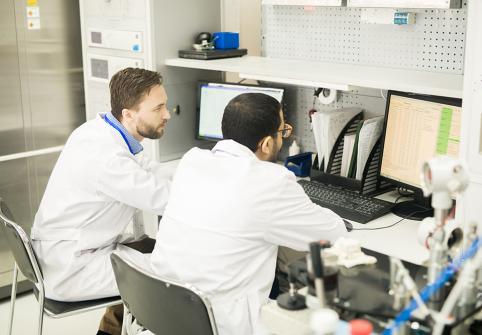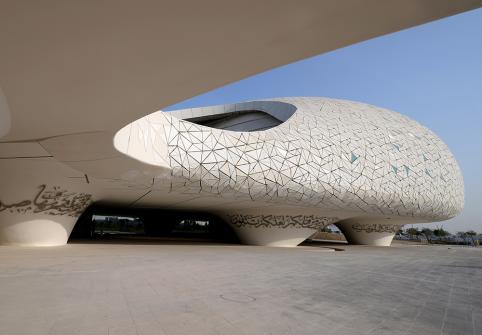People How Will COVID-19 Shape the Future of the Arab Region?
*By Dr. Anis Ben Brik
Beyond the devastating human consequences of a pandemic that has swept across the Arab region, COVID-19 is causing significant social and economic turmoil in the region, driven in particular by a drop in domestic and external demand, reduction in trade, disruption of production, falling consumer confidence, and tightening of financial condition.
According to the World Bank, the economic shock is expected to aggravate unemployment and poverty in the Arab region. Initial estimates show that the Arab region could lose around $42 billion in income this year because of the pandemic. The United Nations Economic and Social Commission for West Asia (ESCWA) estimates that the economic slowdown will drive an additional 8.3 million people in the region towards the poverty line.
A surge in unemployment
According to the International Labor Organization (ILO), the Arab region is expected to witness a loss of 6 million full-time jobs in the second quarter of 2020. This will directly translate into lower levels of income, especially in countries where fiscal space is limited and labor market institutions are weak. In addition, the Arab region may witness a diminished middle-income class, pushing 8.3 million people into poverty and leading to an additional 1.9 million people becoming undernourished.
The International Monetary Fund (IMF) estimates that remittances, which serve as a lifeline for many households across the region, will tumble by 20 percent. Moreover, the Arab region, whose average food import expenditure levels are estimated at around $110 billion, could witness food shortages and price hikes if a prolonged pandemic continues to disrupt global food supplies.
Additionally, COVID-19 will disproportionately have an adverse impact on disadvantaged segments of society which include refugees, displaced populations, the elderly, people with disabilities, workers in the informal sector, as well as women who dominate the care sector and have less social protection.
Inequalities are at risk of being exacerbated by the pandemic, as poor households – presenting a significant share of Arab communities - migrant workers and refugee populations face a stronger strain on their sources of income. According to the Organisation for Economic Co-operation and Development (OECD), the economic slowdown will further magnify youth’s vulnerability within the labor market across the region. Moreover, this crisis could have a negative impact on the densely inhabited refugee camps of the region, representing another major humanitarian threat that needs immediate preventive actions.
A post-pandemic MENA region
In a post-COVID world, it becomes clear that the Arab region will not be the same. Many Arab governments have taken a series of measures to limit transportation and economic activities, halt regular schooling, ban public gatherings, and impose quarantines and curfew. The situation is clearly not the same from the viewpoint of Gulf countries, the Levant or North Africa; nor is it equal in fragile and conflict-ridden countries.
Some countries in the region have adopted rapid, decisive, and innovative measures to contain the virus, such as introducing virtual doctors and sanitization robots or ramping up domestic mask production. Gulf countries announced economic stimulus packages totaling $97 billion. Qatar’s QAR 75 billion package ($20.5 billion or nearly 13 percent of its GDP) to mitigate the effects of COVID-19 aims at shoring up small businesses and hard-hit sectors.
Other countries such as Yemen, Libya, Syria, Iraq, and Palestine have little ability to respond to the devastating effects of contagions. However, the COVID-19 pandemic has underscored the importance of regional solidary and cooperation while exposing the fallacy of go-it-alone isolationism. As such, the present crisis reinforces the need to establish a regional solidarity framework that leaves no one behind. This framework will help mitigate the negative health and socioeconomic impacts of COVID-19 and boost intraregional cooperation. What form the post-pandemic region will take is dependent upon the choices the governments make.
Dr. Anis Ben Brik is an Associate Professor at Hamad Bin Khalifa University’s College of Public Policy in Qatar.
This article is submitted on behalf of the author by the HBKU Communications Directorate. The views expressed are the author’s own and do not necessarily reflect the University’s official stance.


